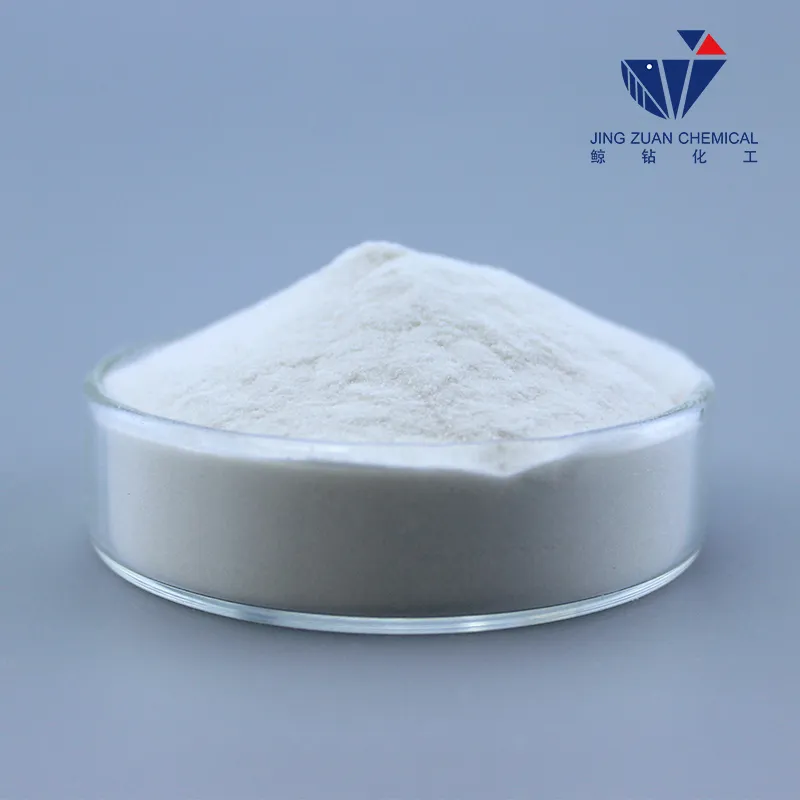
Сер . 11, 2024 08:42 Back to list
Exploring Different Viscosity Grades of HPMC for Enhanced Performance in Various Applications
Understanding HPMC Viscosity Grades A Comprehensive Overview
Hydroxypropyl methylcellulose (HPMC) is a versatile and widely used polymer in various industries, particularly in pharmaceuticals, food processing, and construction. Its unique properties, such as being non-toxic, biodegradable, and having excellent film-forming abilities, make it an essential ingredient in many applications. One of the critical characteristics of HPMC is its viscosity, which plays a significant role in determining its suitability for specific uses. In this article, we will explore the various viscosity grades of HPMC, their implications, and their applications.
What is HPMC?
HPMC is a modified cellulose derived from plant fibers through a series of chemical processes. By introducing hydroxypropyl and methyl groups into the cellulose structure, HPMC gains enhanced solubility in water and improved performance characteristics. The viscosity of HPMC solutions can vary widely based on the molecular weight and the degree of substitution of the cellulose backbone.
Viscosity Grades of HPMC
HPMC is available in various viscosity grades, ranging from low to high viscosity. The viscosity grade is usually determined by testing the solution's viscosity at specific concentrations. The most common viscosity grades include
1. Low Viscosity (e.g., 10000 – 40000 mPas) Low viscosity HPMC grades are often used in applications where a thinner solution is ideal. These grades provide a smooth and consistent texture and are commonly used in food products, as well as in personal care formulations like lotions and gels.
2. Medium Viscosity (e.g., 50000 – 100000 mPas) Medium viscosity HPMC grades offer a balance between thickness and flow. These grades are suitable for applications such as adhesives and coatings, where a moderate level of viscosity is desired to enhance performance without compromising workability.
hpmc viscosity grades

3. High Viscosity (e.g., 200000 – 1000000 mPas) High viscosity grades create thick and stable solutions, making them ideal for applications requiring significant thickness such as in cementitious materials and specialty coatings. They enhance the stability and texture of products, providing a thickening property that can support heavy particles in suspension.
Applications of HPMC Based on Viscosity Grades
The viscosity grade of HPMC significantly influences its application.
- Pharmaceuticals In the pharmaceutical industry, HPMC is used as a binder, coating agent, and controlled-release agent in tablets and capsules. Low to medium viscosity grades are typically utilized for oral dosage forms, while high viscosity grades are preferred for sustained-release formulations.
- Food Industry HPMC is included in various food products as a thickener, emulsifier, or stabilizer. Low viscosity grades are often used in sauces and dressings, while higher viscosities are applied in dairy products to enhance texture.
- Construction In the construction industry, HPMC is instrumental in improving the workability and adhesion of mortar and plaster. High viscosity grades help in maintaining the consistency of construction materials, ensuring durability and performance.
Conclusion
Understanding the viscosity grades of HPMC is crucial for industries that rely on this versatile polymer. The choice of viscosity grade directly influences the performance of the final product and its suitability for specific applications. As technology advances and new formulations are developed, HPMC’s role will continue to expand, creating opportunities for innovation across various sectors. Whether it's in pharmaceuticals, food processing, or construction, HPMC remains a cornerstone ingredient driven by its unique properties and adaptability, with viscosity playing a pivotal role in determining its performance.
-
Versatile Hpmc Uses in Different Industries
NewsJun.19,2025
-
Redispersible Powder's Role in Enhancing Durability of Construction Products
NewsJun.19,2025
-
Hydroxyethyl Cellulose Applications Driving Green Industrial Processes
NewsJun.19,2025
-
Exploring Different Redispersible Polymer Powder
NewsJun.19,2025
-
Choosing the Right Mortar Bonding Agent
NewsJun.19,2025
-
Applications and Significance of China Hpmc in Modern Industries
NewsJun.19,2025







